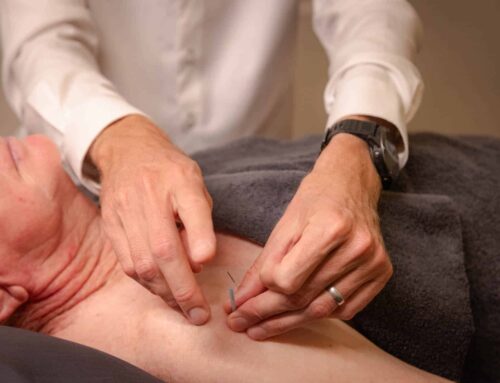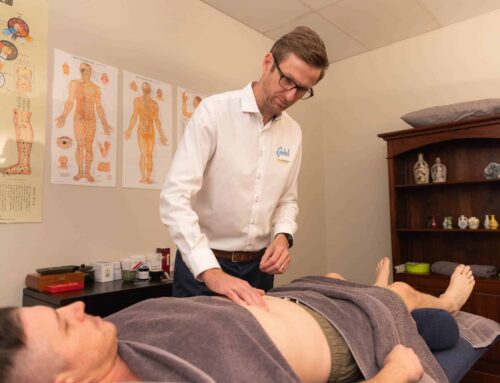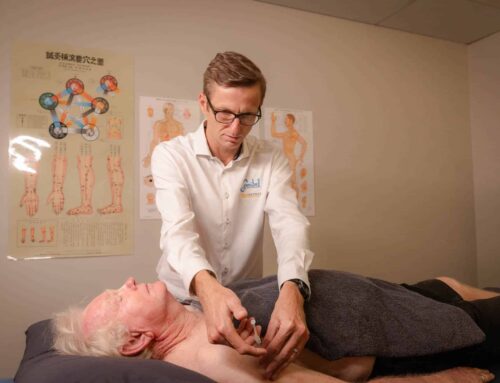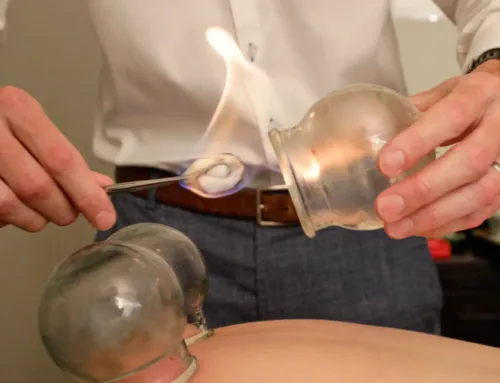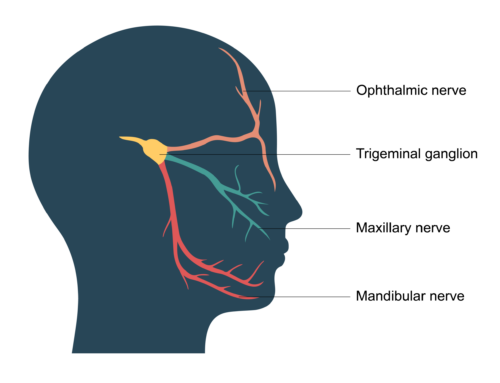At Haynes Acupuncture, we strive to provide the utmost care to women on the Gold Coast who are experiencing hormonal issues. Dysmenorrhea is the medical term for the dull throbbing abdominal pain that some women experience during their periods. It can range from a mild annoyance to the kind of severe pain that can ruin several days each month.
What are the causes?
In Chinese medicine, there are several diagnoses but the most common are qi (energy) stagnation, blood stagnation or blood deficiency.
Qi stagnation causes a dull achy pain and women with qi stagnation often complain of PMS symptoms.
Blood stagnation causes sharp stabbing pain and is accompanied by dark menstrual blood with clots.
Blood deficiency causes a dull pain that is worse towards the end of the period, or after the period is over. It is accompanied by fatigue and pallor.
What are the symptoms?
The following are the most common symptoms of dysmenorrhea. However, each person may experience symptoms differently.
- Cramping in the lower abdomen
- Pain in the lower abdomen
- Low back pain
- Pain radiating down the legs
- Nausea
- Vomiting
- Diarrhoea
- Fatigue
- Weakness
- Fainting
- Headaches
Can acupuncture help?
Acupuncture can be a great way to regulate your cycle and build the body up to prevent cramps. Stagnation is the main reason for menstrual cramps and PMS. Stasis is when your body’s energy and blood are stuck. An acupuncture and moxibustion treatment can really help your cramps; basically, inserting the acupuncture needles in strategic spots helps get that blood and energy flowing like it ought to, alleviating many of our biggest menstrual symptoms. In addition, Chinese herbs may relieve you too, depending on your situation. A recent systematic review and meta-analysis finding indicates that acupoint stimulation, especially non-invasive acupoint stimulation, could have good short-term effects on pain of primary dysmenorrhea (1).
Is there anything else I can do to help?
- Exercise regularly. Exercise moves blood and qi in Chinese medicine and so helps to counteract blood and qi stagnation. In more conventional terms exercise increases endorphins which are your body’s natural pain killer.
- Keep warm to prevent cold from invading your stomach and spleen. Natural remedies such as a microwavable heating pack or a heating pad placed on your lower abdomen may help. Also make sure to wear appropriately warm clothing during your period. Soaking in a warm bath may also help to relieve cramps.
- Avoid cold and raw foods in the days before and during your period. These foods are overly yin in nature, slowing down blood in the uterus. Instead, try to eat and drink warm and cooked foods.
- Eat grains, cereals and tubers. Foods such as brown rice, whole wheat bread, potatoes and yams can help strengthen the body’s production of blood and qi.
- Keep your feet warm. If you have cold floors and tend to walk around barefoot at home, put on a pair of socks or slippers. The foot contains a number of points, called “meridians,” that are connected to different organs in your body. Wearing cozy socks or slippers promotes circulation and prevents yin energy from entering your body through your feet.
- Stay out of the wind and rain – Keeping the wind and damp out of your body is especially important during your period. If you have to be out during windy or rainy weather, make sure to bring an umbrella and wear a warm jacket.
If you are suffering painful periods and want to find out how we can help you, an initial consultation will determine your own personal treatment plan and set you on a path back to health. Please give us a call on (07) 5531 6461 or email us on info@haynesacupuncture.com.au.
© Haynes Acupuncture ™ Gold Coast 2019



